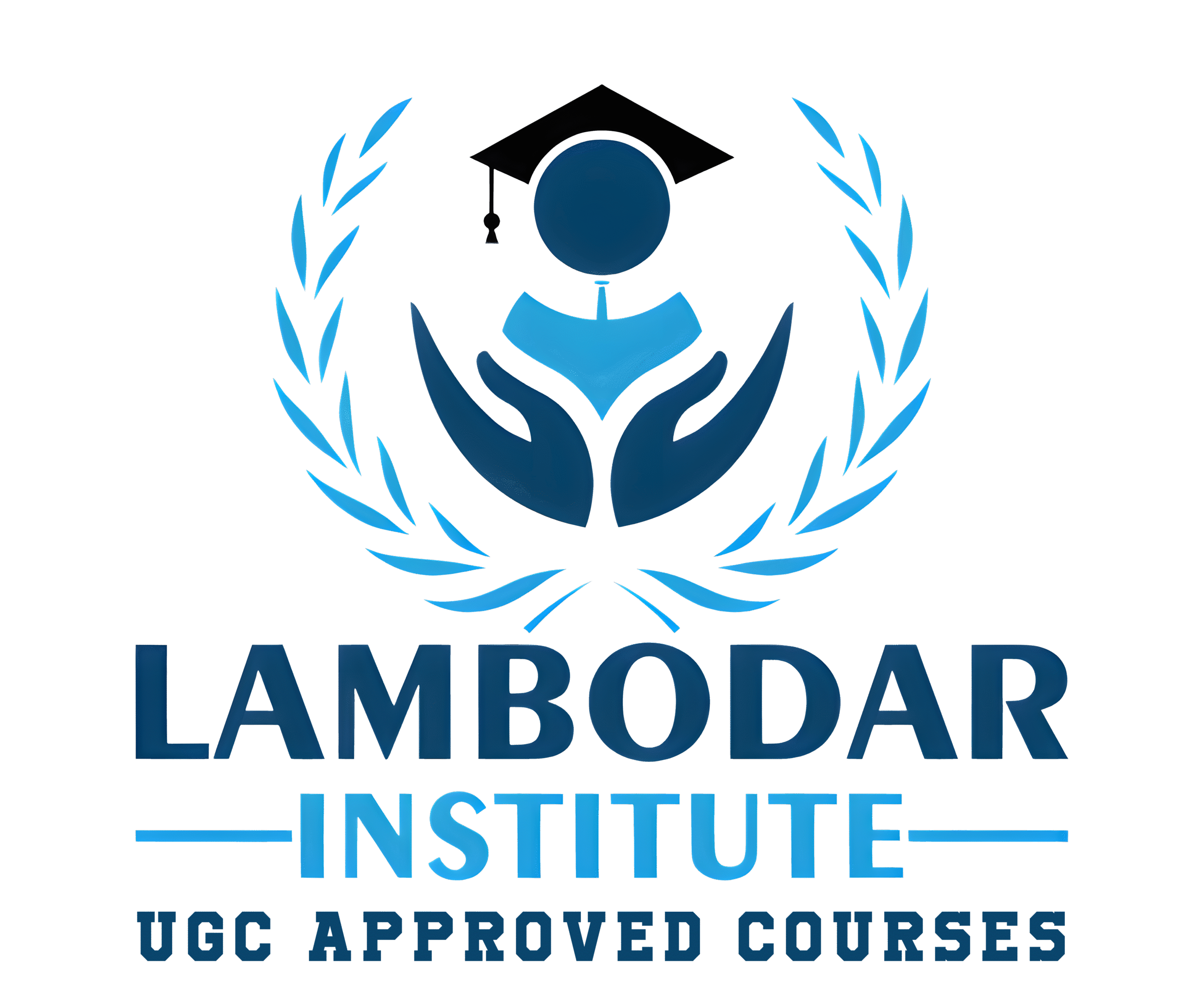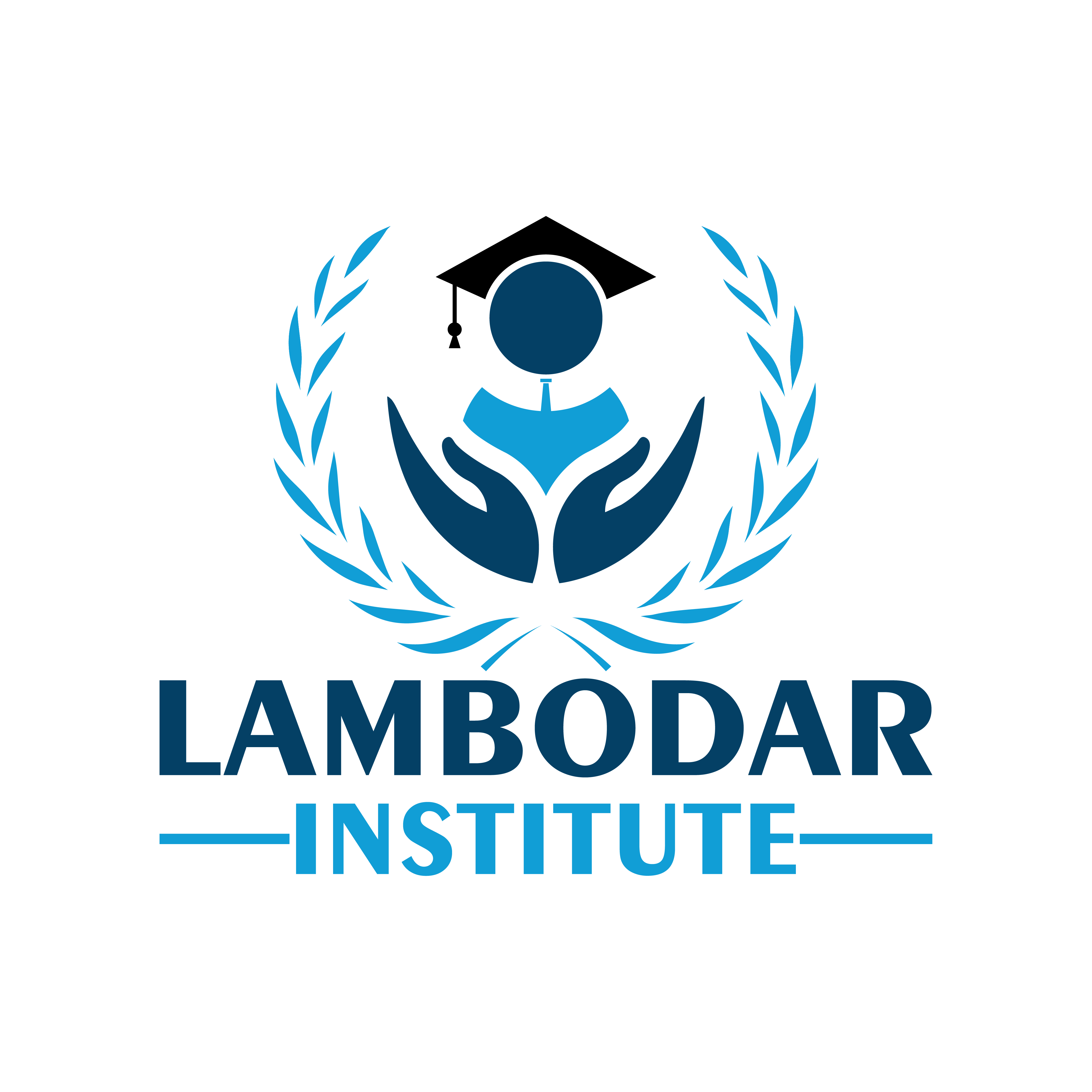The Auxiliary Nurse Midwifery (ANM) program at Lambodar Institute is designed to equip students with the foundational skills and knowledge required to excel in the healthcare sector. ANMs play a crucial role in the healthcare system, especially in rural and underserved areas, where they provide essential nursing care, maternal and child health services, and community healthcare education. Our ANM program is meticulously crafted to develop compassionate, competent, and skilled nursing professionals who can meet the healthcare needs of the community.
At Lambodar Institute, we understand the importance of comprehensive training in nursing. Our curriculum is designed to provide a blend of theoretical knowledge and practical experience. We focus on instilling a deep understanding of healthcare practices, patient care, and the ethical responsibilities of a nursing professional. The course covers a wide range of topics, from basic nursing procedures to community health and midwifery, ensuring that our graduates are well-prepared to take on the challenges of their profession.
Course Content
1. Introduction to Nursing:
Students begin with an overview of the nursing profession, exploring the role and responsibilities of an ANM, the history of nursing, and the ethical and legal aspects of the practice. This foundation prepares students for the complexities of nursing care.
2. Community Health Nursing:
This module focuses on public health and community nursing. Students learn about maternal and child health, nutrition, immunization, family planning, and the basics of community hygiene, enabling them to serve effectively in community health settings.
3. Fundamentals of Nursing:
The fundamentals module covers basic nursing procedures, patient care techniques, infection control, medication administration, and first aid. This hands-on training is essential for building core nursing skills.
4. Midwifery and Obstetrical Nursing:
In this module, students learn about midwifery practices, including antenatal, intranatal, and postnatal care. The course covers the management of normal and high-risk pregnancies and newborn care, ensuring students are prepared to support mothers and infants.
5. Health Promotion and Education:
Students are trained in health education, communication skills, and community outreach. They learn how to promote health and hygiene in communities, empowering them to educate and support the public.
6. Primary Health Care and Health Center Management:
This module introduces students to the structure and function of primary health centers, the management of sub-centers, and record-keeping practices. It also covers collaboration with health agencies and NGOs.
7. Nutrition and Dietetics:
Understanding nutrition is vital for nursing care. Students learn about human nutrition, therapeutic diets, meal planning, and managing nutritional deficiencies, enabling them to advise patients on healthy dietary practices.
8. Mental Health and Psychiatric Nursing:
This section covers mental health care, common psychiatric disorders, counseling techniques, and the role of ANMs in supporting mental well-being.
9. Child Health Nursing:
Students learn about pediatric nursing, growth and development milestones, common childhood diseases, and immunization, preparing them to care for children effectively.
10. Professional Trends and Adjustment:
The final module explores current trends in nursing, career opportunities, and professional development, helping students navigate their future careers with confidence.
11. Internship and Practical Training:
Students undergo hands-on training in hospitals, community health centers, and supervised midwifery practice. This real-world experience is crucial for developing practical skills and confidence.
Upon completing the ANM course at Lambodar Institute, graduates are well-equipped to enter the healthcare workforce as competent and compassionate professionals, ready to make a meaningful impact in their communities.
D.VOC (Diploma in Vocation) Courses
Courses Available (With Duration and Fees):
| Course Name | Duration | Annual Fees | Total Fees |
|---|---|---|---|
| Medical Lab Technician (DMLT) | 2 Years | ₹40,000 | ₹80,000 |
| Operation Theatre Technician (OTT) | 2 Years | ₹40,000 | ₹80,000 |
| Radiology Technology | 2 Years | ₹40,000 | ₹80,000 |
| Dialysis Technician | 2 Years | ₹40,000 | ₹80,000 |
| General Duty Assistant (GDA) | 1 Year | ₹40,000 | ₹40,000 |
B.VOC (Bachelor of Vocation) Courses
| Course Name | Duration | Annual Fees | Total Fees |
|---|---|---|---|
| Medical Lab Technology (MLT) | 3 Years | ₹50,000 | ₹1,50,000 |
| Radiology & Imaging Technology | 3 Years | ₹50,000 | ₹1,50,000 |
| Operation Theatre Technology | 3 Years | ₹50,000 | ₹1,50,000 |
| Dialysis Technology | 3 Years | ₹50,000 | ₹1,50,000 |
| Nutrition & Dietetics | 3 Years | ₹30,000 | ₹1,00,000 |
| Optometry | 3 Years | ₹65,000 | ₹1,65,000 |
M.VOC (Master of Vocation) Courses
| Course Name | Duration | Annual Fees | Total Fees |
|---|---|---|---|
| Medical Lab Technician (MLT) | 2 Years | ₹45,000 | ₹90,000 |
| Radiology & Imaging Technology | 2 Years | ₹45,000 | ₹90,000 |
| Operation Theatre Technology | 2 Years | ₹45,000 | ₹90,000 |
| Dialysis Technology | 2 Years | ₹40,000 | ₹80,000 |
| Healthcare Management | 2 Years | ₹30,000 | ₹65,000 |
Additional Charges (If Applicable)
| Particulars | Charges |
|---|---|
| Registration Fee (One-time) | ₹1,000 – ₹3,000 |
| Examination Fee (Annual) | ₹1,500 – ₹3,000 |
| Uniform / Lab Coat | ₹1,000 – ₹2,000 |
| Study Materials & Books | ₹2,000 – ₹4,000 |
| Hospital Visits | ₹3,000 – ₹5,000 |




